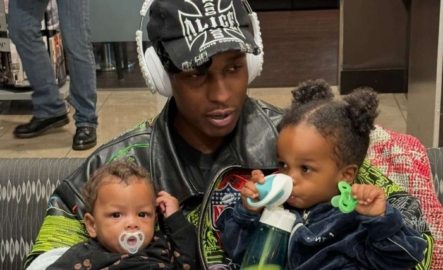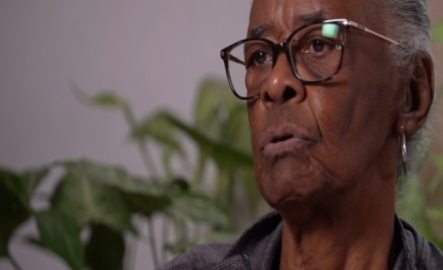Given that African-Americans were an easy target in the 1950s and 1960s, the Ku Klux Klan – the white supremacist group – had a free reign, terrorizing and even murdering civil rights supporters.
The incessant attacks were so frequent that many civil rights workers armed themselves for self-protection. Even the home of Dr. Martin Luther King Jr. had so many guns during the 1950s that one visitor called it an “arsenal.”
And when it became pretty clear that some cooperation existed between the Ku Klux Klan and local law enforcement agencies, denying civil rights workers in some areas police protection, a group emerged to protect Black lives.
On July 10, 1964, a group of African-American men in Jonesboro, Louisiana, led by Earnest “Chilly Willy” Thomas and Frederick Douglas Kirkpatrick founded the group known as The Deacons for Defense and Justice.
Their aim was to protect members of the Congress of Racial Equality (CORE) against Ku Klux Klan violence.
Most of the “Deacons” were veterans of World War II and the Korean War.
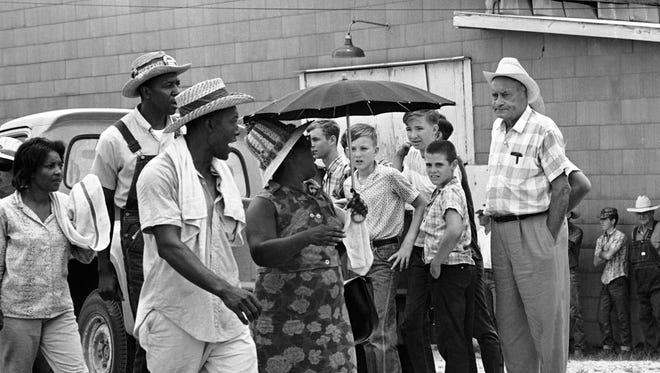
“The Jonesboro chapter organized its first affiliate chapter in nearby Bogalusa, Louisiana led by Charles Sims, A.Z. Young and Robert Hicks. Eventually they organized a third chapter in Louisiana. The Deacons tense confrontation with the Klan in Bogalusa was crucial in forcing the federal government to intervene on behalf of the local African American community. The national attention they garnered also persuaded state and national officials to initiate efforts to neutralize the Klan in that area of the Deep South.”
They adopted the name “Deacons for Defense and Justice” because most of them were practicing Christians, and they aimed to serve their communities in a Christian manner.
The corporate charter explained that the group’s purpose was “the defense of civil rights, property rights and personal rights … and defend said rights by any and all honorable and legal means to the end that justice may be obtained.”
The Deacons conducted nighttime auto patrols of black neighborhoods, communicating via Citizens Band radios and walkie-talkies. CORE worked closely with the Deacons, and soon, the energy and pride provided by the Deacons had helped make Jonesboro one of CORE’s best-organized towns.
“The Deacons emerged as one of the first visible self-defense forces in the and were effective in providing protection for local African Americans who sought to register to vote and for white and black civil rights workers in the area. They, for example, provided security for the 1966 March Against Fear from Memphis to Jackson, Mississippi. Moreover their presence in Southeastern Louisiana meant that the Klan no longer were able to intimidate and terrorize local African Americans without challenge,” a report said.
The Bogalusa Deacons guarded the homes of civil rights leaders and protected rallies. One gun battle led to the death of a Klansman, with another Klansman being treated two states away, at an Alabama hospital, to conceal police complicity with the Klan.

“And when students at Jackson High School in Jonesboro were boycotting classes and picketing the school–demanding an end to racist practices as Black students were barred from taking classes in auto mechanics and the local police, in collaboration with the KKK, cordoned off the school, surrounding the defenseless students ready to spray the protesters with fire hoses, the armed Deacons came to the rescue.”
When owing to tensions, Bogalusa’s mayor announced the repeal of the town’s segregation laws reluctantly acceding to the federal Civil Rights Act of 1964 on May 23, leading to the hiring of its first black deputy sheriff, the Klan responded with an aggressive counteroffensive, leading to the murder of the new deputy only a few days after his appointment.
The deputy’s funeral was set for June 9, and CORE’s James Farmer (national chairman from 1942 to 1944) was scheduled to speak at the service. The police warned Farmer that the Klan was plotting to assassinate him while he was in Louisiana, so four Deacons for Defense met him at the New Orleans airport. Armed with their handguns, they drove him 65 miles to Bogalusa. The grateful Farmer later told the press, “core is nonviolent, but we have no right to tell Negroes in Bogalusa or anywhere else that they do not have the right to defend their homes. It’s a constitutional right.”
About 50 Deacons attended the deputy’s funeral, successfully deterring any would-be attackers. And by the end of June, Deacons chapters had spread in Louisiana, Mississippi and Alabama.
On a hot July night, a cavalcade of 25 Klan automobiles drove through a black neighborhood in Bogalusa, shouting vile comments at women and spewing racial insults. Some Klansmen then randomly fired into some houses. To the Klansmen’s shock, the response was a fusillade of return fire. The Klan members sped away in fear.
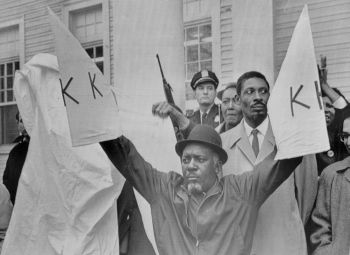
“They finally found out that we really are men,” one Deacons leader remembered, “and that we would do what we said, and we meant what we said.”
The Deacons had support from the National Rifle Association of America (NRA), which sold ammunition in bulk to them. Initially, the Deacons’ main arms were shotguns, plus some handguns. Over time, there were efforts to standardize the Deacons with .30-cal. M-1 carbines and .38 Special revolvers.
In the spring of 1966, an elderly black man died of a heart attack during a march. Dr. Martin Luther King Jr. chose to preach at the man’s funeral, in the Mississippi delta, and asked Charles Sims and the Deacons to accompany him as an escort. Likewise, Dr. King at times used the Chicago chapter of the Deacons for security.
“When Bogalusa Junior High integrated in the fall of 1966, white students beat up black students relentlessly, until the black students began fighting back. When they did, the Ku Klux Klan showed up at school, armed. But the Deacons also showed up, with their own guns. With the police in between, the Klan drew their guns first, and the Deacons brought out their own firearms. Unhappily, the Klansmen withdrew. The attacks on black students ended.”
By the late 1960s, the Deacons had been so successful that they were no longer necessary. The gains of the civil rights movement, and the long-overdue criminal prosecutions of violent Klansmen, had greatly reduced the dangers faced by civil rights activists.
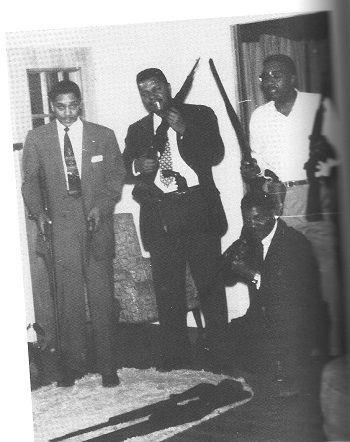
The Deacons initiated a regional organizing campaign, founding a total of 21 formal chapters and 46 affiliates in other cities.
The spirit of armed self-defense, which the Deacons had cultivated, meant that white racists could no longer attack blacks with impunity.
The strategy and methods that the Deacons employed attracted the attention and concern of the Federal Bureau of Investigation (FBI), which authorized an investigation into the group’s activities. The investigation stalled, however, when more influential black power organizations such as US and the Black Panther Party emerged after the 1965 Watts Riot.
By 1968, the Deacons’ activities were declining following passage of the Voting Rights Act of 1965, the entry of blacks into politics in the South, and the rise of the Black Power movement. Blacks worked to gain control of more political and economic activities in their communities.
In 2003 the activities of the Deacons was the subject of a “Deacons for Defense” documentary.






